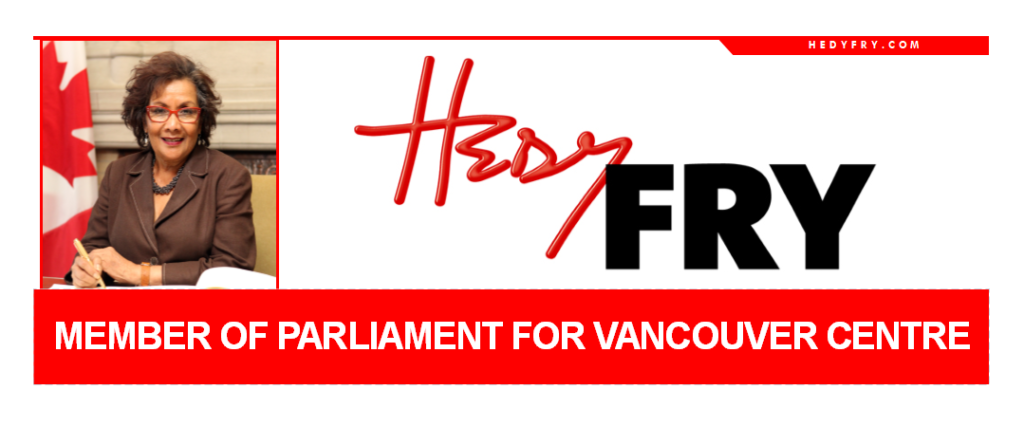
Since day one, our Government has been there to support Canadians, and during this pandemic, we promised we would have their backs for as long as it takes.
By supporting over 8 million Canadians with the Canada Emergency Response Benefit, and over 5.3 million Canadians with the Canada Emergency Wage Subsidy, we have done just that.
Last month, Canada gained 231,000 jobs, recovering over 90% of all jobs lost since the beginning of the pandemic and bringing us within 340,100 of our commitment to create 1 million jobs.
As part of the Government of Canada’s COVID-19 Economic Response Plan, the Canada Recovery Benefit (CRB) and the Canada Recovery Caregiving Benefit (CRCB) were introduced to provide income support to Canadians unable to work due to the pandemic.
To continue to support workers through the transition away from emergency income supports and position Canadians for the recovery, through Budget 2021 we increased the maximum number of weeks available for CRB recipients to up to 50 weeks and up to 42 weeks for CRCB recipients for applications made for periods between September 27, 2020 to September 25, 2021.
This will ensure that CRB and CRCB recipients who would have exhausted their benefits as early as June 19, 2021, will not suffer from a gap in income supports.
- The first four of these additional 12 weeks for the CRB will be paid at $500 per week.
- The remaining eight weeks of this extension will be paid at $300 per week claimed.
- In addition, applicants who submitted their first ever application for periods commencing on or after July 18 will receive the $300 per week benefit amount.
- The additional four weeks of CRCB will remain at $500 per week.
Some workers will have received 42 weeks of the CRB or CRCB by July 17, resulting in either a reduction (CRB) or exhaustion of benefits (CRCB).
The Government anticipates that all Canadian adults who wish to receive a COVID-19 vaccine will be able to do so by September, and that the economic recovery will continue, reducing the need for the Recovery Benefits. However, the Government will continue to carefully monitor the labour market situation and a decision on whether to further extend the Recovery Benefits will be based on the state of the economy and labour markets as we approach the fall.
Through Budget 2021, we’re also investing $3.9 billion into changes that will make Employment Insurance (EI) more accessible and simple for Canadians over the coming year while the job market improves. This includes maintaining uniform access to EI benefits across Canada, a 420-hour entrance requirement for regular and special benefits, and a 14-week minimum entitlement for regular benefits.
As we look to recovery, we are:
- Expanding the Canada Workers Benefit, to support low-wage workers;
- Increasing EI Sickness Benefits from 15 to 26 weeks;
- Helping Canadian businesses by extending programs like the wage and rent subsidies and helping them grow with the new Canada Recovery Hiring Program;
- Moving forward with $10 a day childcare;
- Making the largest investment in transit in our nation’s history;
- Building affordable homes through our over $70B National Housing Strategy;
- Reaching net-zero emissions by 2050;
- Investing in Canadian bio manufacturing and PPE; and
- Establishing a new $15 federal minimum wage.
These are historic investments in our government’s plan to heal the wounds of COVID-19, put people first, create jobs, grow the middle class, and set businesses on a track for long-term growth.



